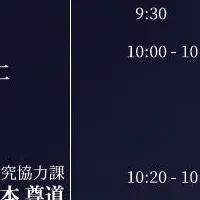
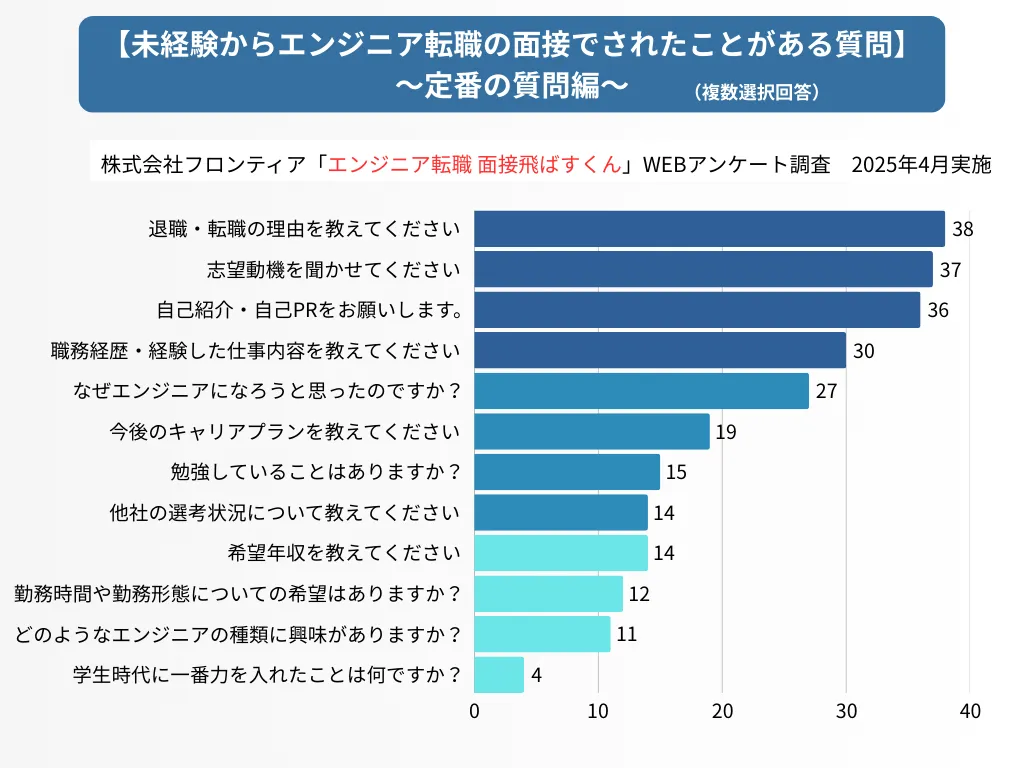
Top Interview Questions for Aspiring Engineers: Insights for Beginners
Navigating Interviews for Aspiring Engineers
Introduction
As the tech industry continues to evolve, transitioning into an engineering role has become a popular path, particularly for individuals looking to pivot from different sectors. Recently, a survey conducted by Frontier Inc. in Tokyo revealed critical insights into the types of questions job seekers face during interviews. This article sheds light on these prevalent interview topics and offers strategies for effective responses.
Survey Overview
In late April, Frontier Inc. released findings from a comprehensive survey involving 50 participants aged 20 to 50, who actively sought engineering roles without prior experience. The survey focused on common interview inquiries and highlighted the significance of preparation.
Key Insights
The survey identified several categories of questions that commonly arise in engineering interviews:
1. Reasons for Resigning/Transitioning
2. Motivation for Applying
3. Self-Introduction and Personal Branding
4. Work Experience and Duties
5. Interest in Engineering
Most Frequently Asked Questions
1. Why Did You Leave Your Previous Job? (38 Votes)
This question tops the list for a reason. Employers are keen to understand a candidate's values and problem-solving abilities through their responses. Many candidates struggle to convey their resignation positively, especially when their reasons may stem from dissatisfaction. Strategies such as stating a desire for skill enhancement or new challenges can transform potentially negative experiences into opportunities for growth.
For example, a response like: "I realized I lacked opportunities to elevate my engineering skills in my previous job, which motivated me to explore the IT sector," can leave a good impression on the interviewer.
2. What Motivates You to Apply for This Role? (37 Votes)
While often a standard question, many newcomers find it daunting. This inquiry demands candidates explain their desire to enter the engineering field and their specific affinity for the company in question. Simply stating a generic interest in technology may not suffice. Instead, candidates should narrate their journey toward becoming an engineer, showcasing their uniqueness and enthusiasm.
An effective way to respond could be: "I am excited about AI and IoT, and I believe your company’s focus on these areas will allow me the environment to grow and contribute meaningfully."
3. Can You Introduce Yourself? (36 Votes)
First impressions are crucial during interviews, and self-introductions can be tricky for those without extensive experience. Candidates should aim to highlight their personality, motivations for pursuing engineering, and unique strengths. Focusing on how past experiences can relate to engineering roles can help build a compelling narrative.
For example, saying: "I possess strong problem-solving abilities from my previous role in sales, which I plan to leverage in my engineering career" can create a positive impression.
4. What Does Your Work History Look Like? (30 Votes)
Interviewers often want to gauge how past roles can translate into the engineering realm, even if they seem unrelated at first glance. Candidates should prepare by identifying skills from their previous jobs that could relate to their engineering aspirations. Focusing on achievements and contributions can also enhance their narrative.
5. Why Do You Want to Become an Engineer? (27 Votes)
This question delves into candidates’ genuine interests and commitment to the field. It’s essential to be clear about motivations, especially for individuals transitioning from non-technical backgrounds. Candidates should connect their past experiences or interests that led them to engineering. A sample response could be: "I've always enjoyed creating and recently taught myself programming, leading me to pursue engineering as a career."
Human Factors Questions
The survey also illuminated how personality traits and experiences play a role in interviews. Key questions included:
1. Describe Your Previous Job (34 Votes)
2. When Do You Feel Most Rewarded at Work? (17 Votes)
3. What Are Your Hobbies? (17 Votes)
4. What Are Your Strengths and Weaknesses? (17 Votes)
5. What Goals Do You Have After Joining? (16 Votes)
Conclusion
Successfully navigating interviews as an aspiring engineer requires preparation and self-awareness. By understanding the questions posed by potential employers and articulating thoughtful, cohesive responses, candidates can enhance their chances of success.
For those undecided or feeling unprepared for the interview process, consider utilizing services like Engineer Job Interview Skipper, which facilitates rapid transitions into engineering roles without traditional lengthy interviewing processes.
For more resources and personalized guidance in your transition into engineering, visit Engineer Job Interview Skipper or join us on LINE.
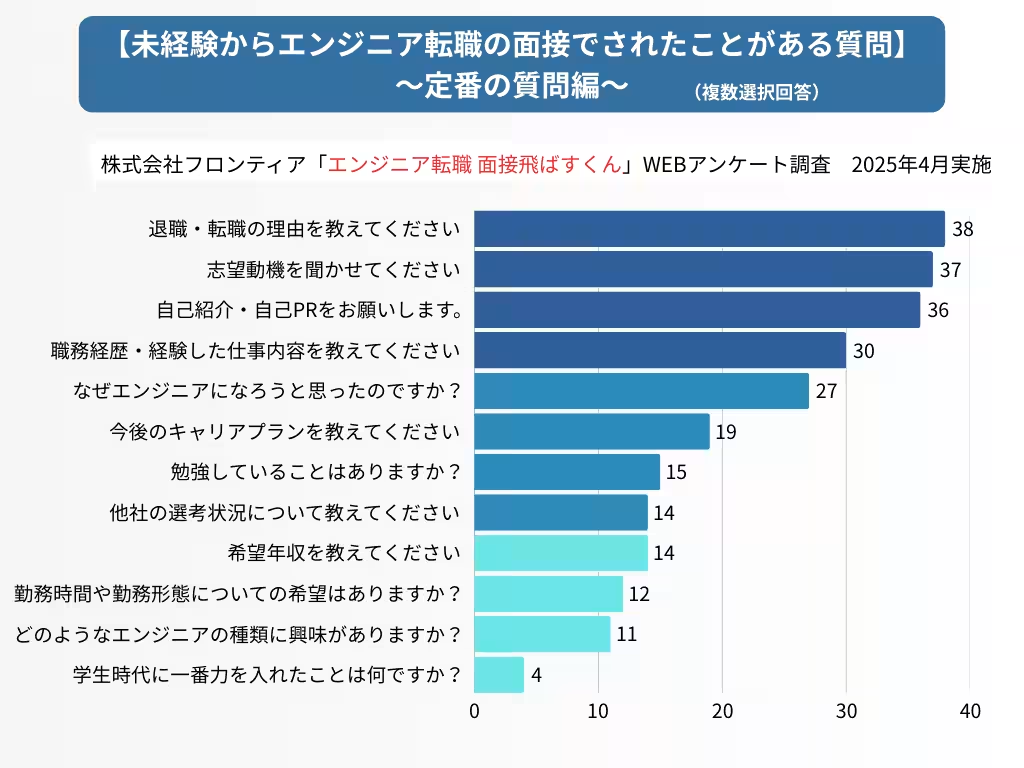
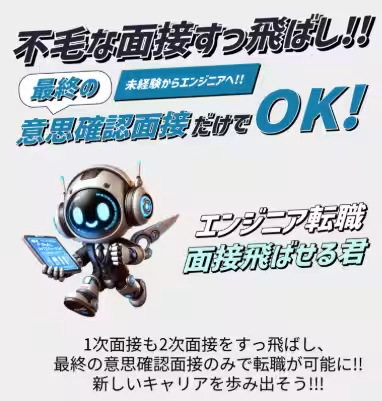
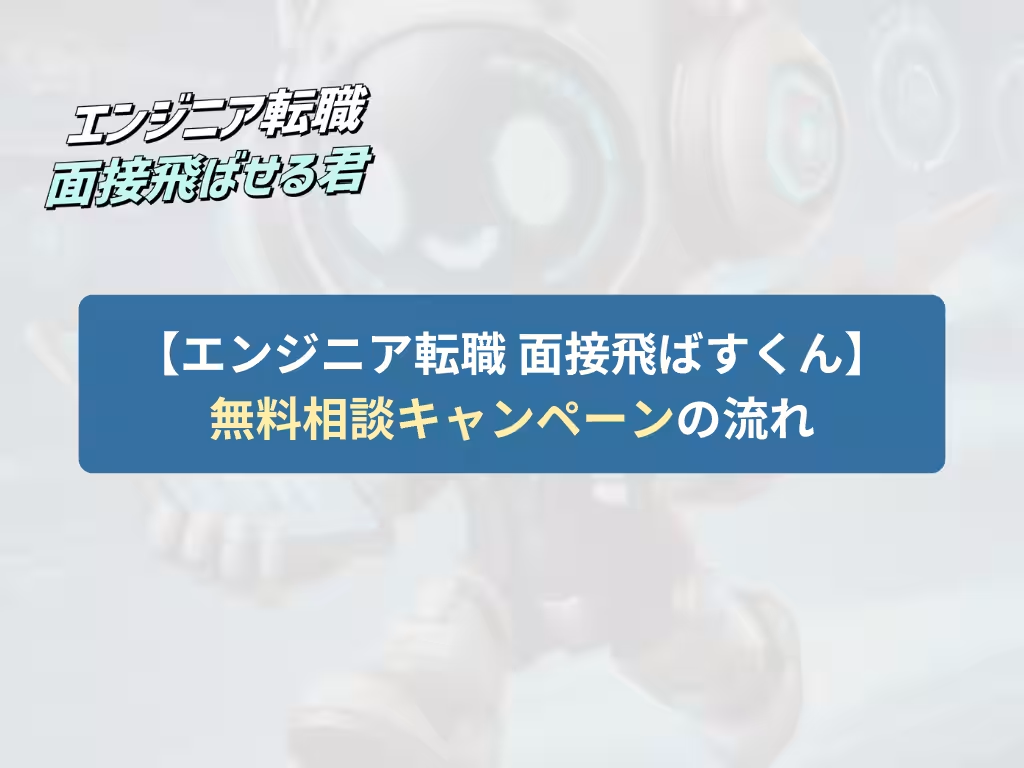

Topics People & Culture)










【About Using Articles】
You can freely use the title and article content by linking to the page where the article is posted.
※ Images cannot be used.
【About Links】
Links are free to use.